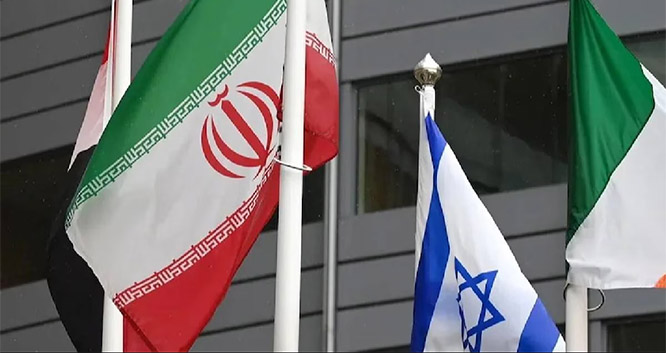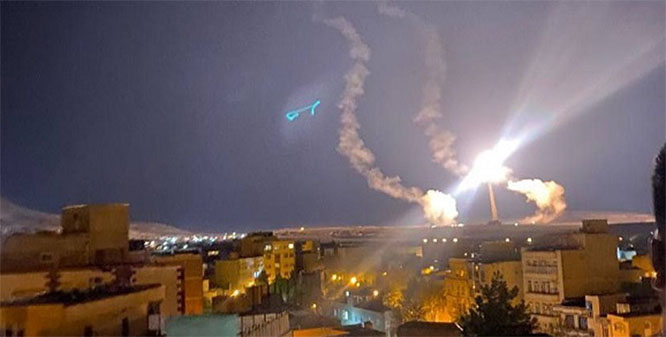
New York, Aug 12: Controversial author Salman Rushdie was stabbed in the neck at an event in New York, US, on Friday. Details were scarce about his condition and the attacker, who has been detained. The 75-year-old author's writings have in the past led to threats.
The New York State Police confirmed the stabbing and said he was taken to an area hospital by helicopter. The attacker is in custody, police said. Social media posts showed people rushing to his aid on stage at Chautauqua Institution, about 100 km from the city. A person interviewing him suffered minor head injuries in the attack.
Mr Rushdie fell to the floor immediately after the attack, and the attacker was restrained. A small group of people surrounded the author, holding up his legs, presumably to send more blood to his chest, AP reported. Hundreds of people in the audience gasped at the sight of the attack and were then evacuated.
Rabbi Charles Savenor, who was in the audience, told AP: "This guy ran on to platform and started pounding on Mr Rushdie. At first you're like, ‘What's going on?' And then it became abundantly clear in a few seconds that he was being beaten." He said the attack lasted about 20 seconds.
The attack happened around 11 am local time (8.30 pm IST) as Mr Rushdie was being introduced before he was to speak. The Chautauqua Institution, located in a rural part of New York, is known for its summertime lecture series. Mr Rushdie has spoken there before.
Delhi-based British writer William Dalrymple was among the first to react, hoping that Mr Rushdie wasn't hurt. "A terrible day for literature, for freedom of speech and for authors everywhere. Poor poor Salman: I pray he's not hurt and recovers quickly," he tweeted.
Mr Rushdie, 75, faced threats particularly in the late 1980s over his book, The Satanic Verses, which is banned in Iran since 1988 as it is alleged to be blasphemous towards Islam. There was also a reward out on his head by the Iranian top leader, though by 1998 the Iranian government said it wasn't seeking to enforce that 'fatwa' or edict. It wasn't clear if the attack is linked to that.
A British citizen of Indian origin, Mr Rushdie has lived in the US for the past 20 years. After the controversy over his fourth book, The Satanic Verses (1988), he remained out of the public eye, mostly living in the UK. Despite the threats, he produced several novels throughout the 1990s.
His first novel came out in 1975, but one of his seminal works is about modern India, Midnight's Children (1981), for which he won the Booker Prize.
In 2007, he was knighted — given the ceremonial title of 'Sir' — by Queen Elizabeth II for services to literature. He has produced over a dozen works, including non-fiction.
In 2012, after an Iranian religious outfit renewed the bounty on him, he dismissed that threat, saying there was "no evidence" of people being interested in the reward, said the AP report. That year, he published a memoir, Joseph Anton, about the fatwa. The title came from the pseudonym he had used while in hiding.








Comments
Add new comment